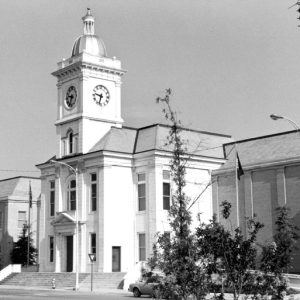 Jefferson County Courthouse
Jefferson County Courthouse
Time Period: Divergent Prosperity and the Arc of Reform (1968 - 2022) - Starting with J
 Jefferson County Courthouse
Jefferson County Courthouse
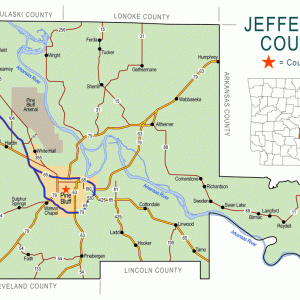 Jefferson County Map
Jefferson County Map
 Jefferson Regional Medical Center
Jefferson Regional Medical Center
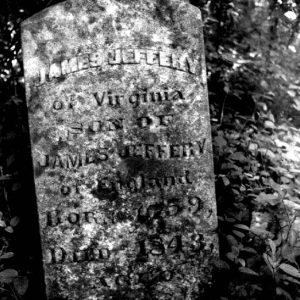 Jeffery Tombstone
Jeffery Tombstone
Jeffords, Edd
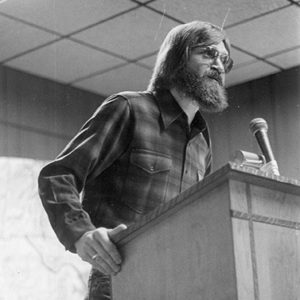 Edd Jeffords
Edd Jeffords
Jeffries, Peggy Sue Newlon
Jegley v. Picado
 Fergie Jenkins
Fergie Jenkins
Jenkins, Ferguson Arthur (Fergie)
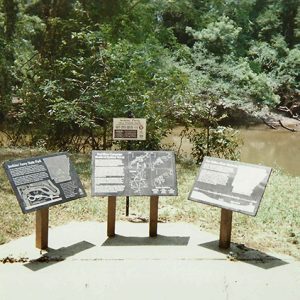 Jenkins' Ferry State Park
Jenkins' Ferry State Park
 Jerry Adams
Jerry Adams
 Jerry Jones and Elliott Gould
Jerry Jones and Elliott Gould
 Jess Odom Community Center
Jess Odom Community Center
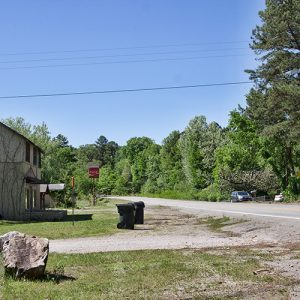 Jessieville
Jessieville
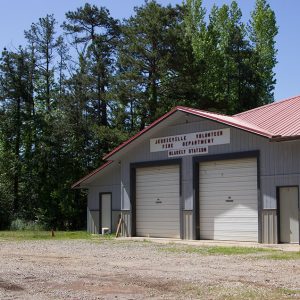 Jessieville Fire Department
Jessieville Fire Department
 Jessieville School
Jessieville School
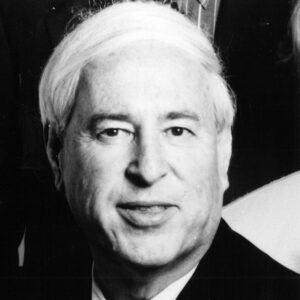 Brad Jesson
Brad Jesson
Jesson, Bradley Dean
 Jet Magazine
Jet Magazine
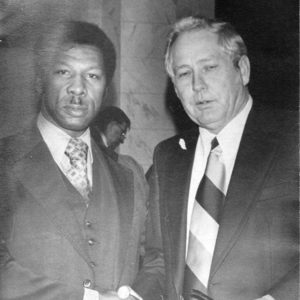 Jewell and Nelson
Jewell and Nelson
Jewell, Buddy
 Buddy Jewell
Buddy Jewell
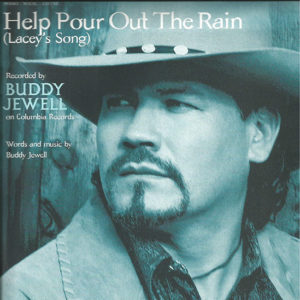 Buddy Jewell Music
Buddy Jewell Music
Jewell, Jerry Donal
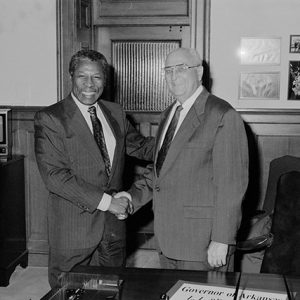 Jerry Donal Jewell and "Doc" Bryan
Jerry Donal Jewell and "Doc" Bryan
Jewish Federation of Arkansas (JFAR)
 "Jim Dandy," Performed by Black Oak Arkansas, Featuring Ruby Starr.
"Jim Dandy," Performed by Black Oak Arkansas, Featuring Ruby Starr.
Jim DuPree v. Alma School District No. 30
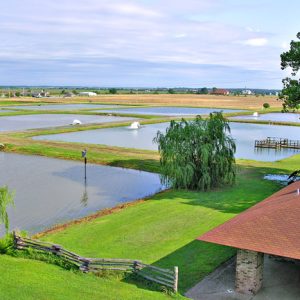 Joe Hogan Fish Hatchery
Joe Hogan Fish Hatchery
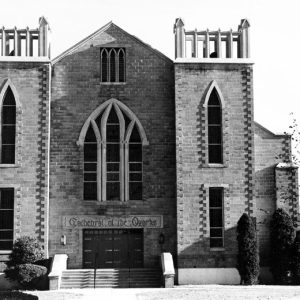 John Brown University Cathedral
John Brown University Cathedral
John G. Williams House No. 2
 John H. Johnson
John H. Johnson
John Huddleston Day
 John L. McClellan Memorial Veterans Hospital
John L. McClellan Memorial Veterans Hospital
 John Thomas
John Thomas
Johnny Cash Heritage Festival
Johnny Cash’s Cummins Concert of 1969
 Johnson Campaign
Johnson Campaign
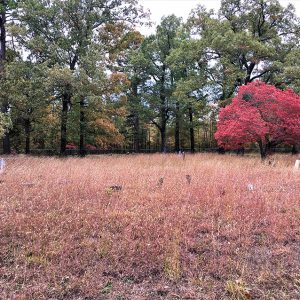 Johnson Cemetery
Johnson Cemetery
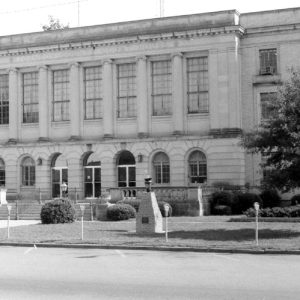 Johnson County Courthouse
Johnson County Courthouse
 Johnson County Map
Johnson County Map
 Johnson Creek Bridge
Johnson Creek Bridge
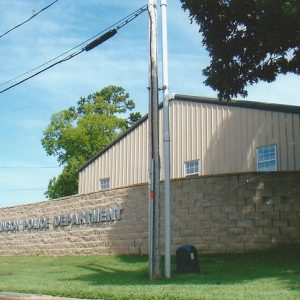 Johnson PD
Johnson PD
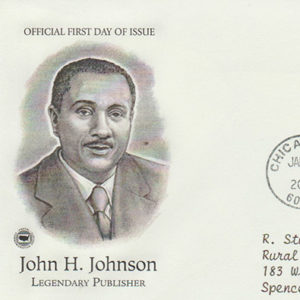 Johnson Stamp
Johnson Stamp
Johnson, Billy Farrel (Bill)
Johnson, Glenn T.
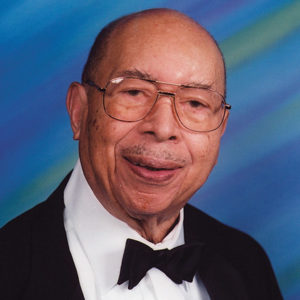 Glenn T. Johnson
Glenn T. Johnson




